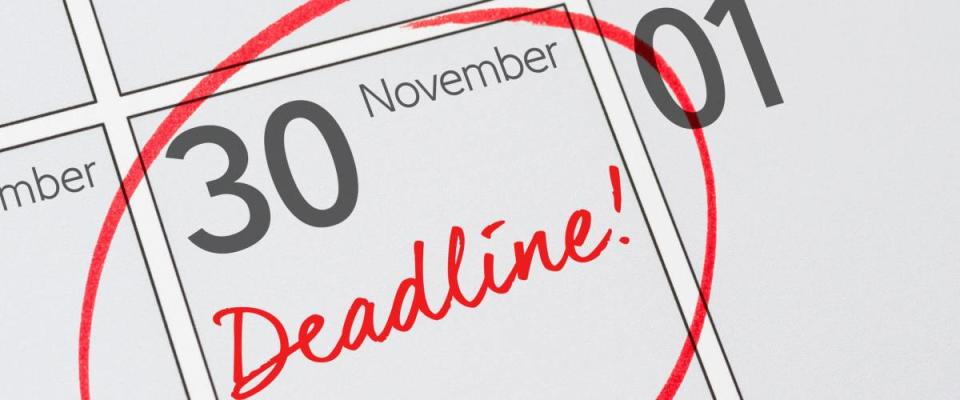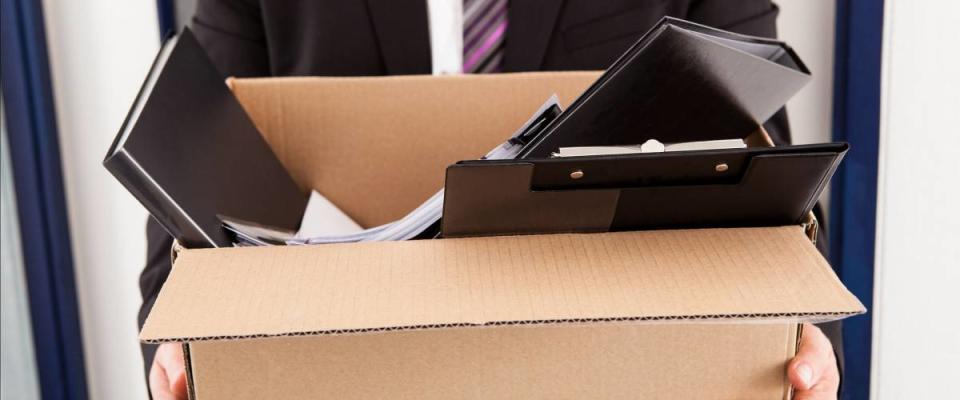401(k) Loan: Help in an Emergency or Just a Bad Idea?

Need money? You might borrow from a bank, or from a relative or friend. Or, you might borrow from yourself -- by taking a 401(k) loan from your retirement account through work.
Temporarily taking money from your 401(k) can be an affordable way to quickly access a large amount of cash with relatively little hassle and minimal fees. Interest rates are low: typically the prime rate plus 1 percentage point.
But before you dip into your retirement fund and leave behind an IOU, here are three things you'd better know.
1. Big costs if you can't pay it back

401k loans must be paid back within a 5-year deadline.
Most 401(k) retirement plans allow you to borrow up to $50,000 or half of your assets, whichever is less. But if your balance is below $10,000, you're allowed to borrow the full amount.
Before you max-out your loan potential, be sure you can pay the money back on time. Failing to do so may force you to take a significant loss.
If you’re under age 59 1/2, you’ll have to pay state and federal income taxes on the money you borrowed. On top of that, you’ll have to pay a 10% penalty on the money you took out.
In the end, your total bill could be more than 40% of the original amount if you miss your repayment due date. The IRS says a borrower usually must make payments at least quarterly and put all of the money back within five years.
2. You'll lose out on investment earnings
The most obvious negative of borrowing from your 401(k) is that the money won’t be making money for you while it's out of your account.
A 401(k) grows your retirement savings through investments in stocks, bonds, mutual funds and other assets.
Until you pay back the loan, that money will be taking a hiatus from boosting your returns.
And the longer it takes you to restore the funds, the more earnings you're likely to miss out on.
3. The 2017 tax law provided some relief

It used to be than when you got laid off, you'd have to repay any 401(k) loans quickly. But not anymore.
Before the 2017 tax law, if you lost your job and had a 401(k) loan outstanding, you were required to pay it up within 60 days.
But now, any loan from a former employee's 401(k) will never have to be repaid before October of the following year.
But miss the new deadline, and you'll face the usual back taxes and 10% penalty if you're younger than 59 1/2.
Need to jump-start your retirement fund? Take a look at today's best savings rates.


